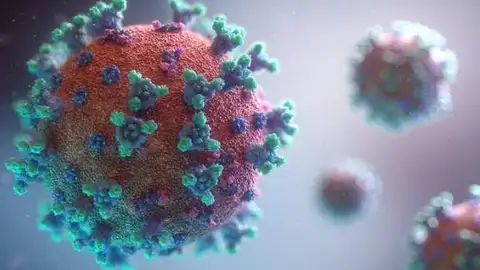
As the COVID-19 pandemic continues to evolve, new variants of the SARS-CoV-2 virus have emerged, demanding heightened attention and vigilance. Among these variants, the JN1 variant has recently surfaced, prompting concerns about its potential impact on public health. In this blog post, we delve into understanding the symptoms associated with the COVID-19 JN1 variant and explore effective preventive measures to curb its transmission.
Symptoms of the COVID-19 JN1 Variant:
While the symptoms of the JN1 variant may mirror those of earlier strains, it’s crucial to stay informed about any distinct features. Recognizing the symptoms early can contribute to timely intervention and help mitigate the spread of the virus. Common symptoms associated with the COVID-19 JN1 variant include:
Fever and Chills:
Elevated body temperature, accompanied by chills, remains a primary indicator of a COVID-19 infection, including the JN1 variant.
Respiratory Symptoms:
Persistent cough, shortness of breath, or difficulty breathing are classic respiratory symptoms commonly associated with COVID-19.
Fatigue and Muscle Aches:
Unexplained fatigue and muscle aches may present as early signs of a viral infection, including those caused by the JN1 variant.
Loss of Taste or Smell:
An abrupt loss of taste or smell has been consistently observed in COVID-19 cases and may be a distinctive symptom of the JN1 variant.
Headache and Sore Throat:
Individuals infected with the JN1 variant may experience headaches and a sore throat, adding to the spectrum of potential symptoms.
Preventive Strategies for the COVID-19 JN1 Variant:
Preventing the spread of the JN1 variant requires a collective and proactive effort. Adhering to established public health measures and staying informed about the latest guidelines are crucial. Here are key preventive strategies:
Vaccination:
Vaccination remains the cornerstone of defense against COVID-19 variants. Stay up-to-date with vaccination schedules, including booster shots, as recommended by health authorities.
Hygiene Practices:
Regular handwashing with soap and water, or using hand sanitizers, is essential to minimize the risk of viral transmission. Maintain good respiratory hygiene by covering your mouth and nose when coughing or sneezing.
Mask-Wearing:
Wear masks in crowded or high-risk settings. Follow guidelines from health organizations on the proper use of masks to maximize their effectiveness.
Social Distancing:
Practice physical distancing by maintaining a safe distance from others, especially in situations where close contact is unavoidable.
Stay Informed:
Stay abreast of the latest developments regarding the JN1 variant. Follow updates from reputable health organizations and be prepared to adjust your behavior based on their recommendations.
In the ongoing battle against COVID-19, staying informed about the symptoms associated with the JN1 variant and adopting effective preventive measures are crucial for personal and community well-being. By remaining vigilant, practicing good hygiene, and adhering to vaccination guidelines, we can collectively navigate the challenges posed by emerging variants and contribute to the global effort to overcome the pandemic. If ny emergency please contact Dr. Chaitanya Challa.






